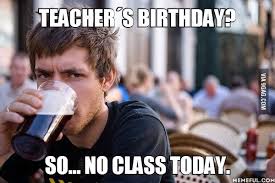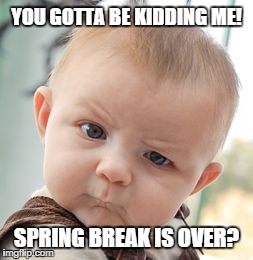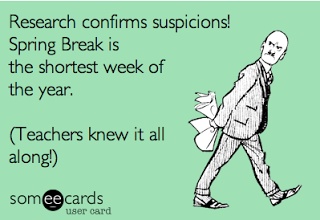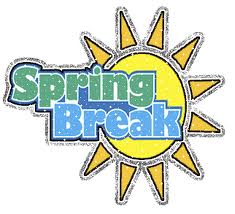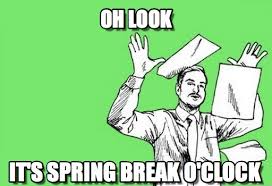
I often tell students to respect their readers and remember that human beings are behind the screen. Imagine reading one sentence after another. Does it flow? Does it make sense? Who is your audience? Define the audience. Identify purpose, tone and word choice. Make decisions about what information you should include, how you should arrange that information, and what kind of supporting details will be necessary for the reader to understand what you are presenting. The bottom line is in order to develop and present an effective argument, you need to be able to appeal to and address your audience.
Students write about a myriad of topics. Sometimes the topics are open and sometimes the topics are chosen in a reader response style assignment. The audience can be fellow students on a Discussion Board, the instructor in an e-mailed essay draft or a more public audience when posting a blog. One of my favorite writing activities with students is to ask them to write three letters about winning the lottery: one letter to their employer, one letter to their family and one letter to their friends. How does the word choice and tone change? I encourage students to think carefully about their expression. Here are some examples from my English 0492 students:
Dear Boss,
I wanted to inform you that I won’t be coming into work tomorrow. I worked with this company for a long time. I enjoyed being here, but I am happy to share that I recently won the lotto jackpot. At this time I am consulting with my advisers and figuring out how I will direct my attention elsewhere. It was a pleasure working with you. Thank you.
Dear Mom,
Whoo hooo! You’ll never believe it. I won the lottery today! My numbers matched and all of our dreams are coming true. I can’t wait to buy you whatever you want Mom. You deserve it. We’ll never have to worry about paying the rent again. Isn’t this fantastic?
Dear Friend,
What’s up? I’m outta here. I can’t stand getting up in the morning and I can’t wait to do whatever I want, whenever I want. I just won — my lottery ticket finally came up. Life doesn’t suck after all. I’ll be taking the rest of my life off. Sinara, bye, see you later! Hope you can join me for some fun because we’re going to have a lot of it.
________________________________________________________________

